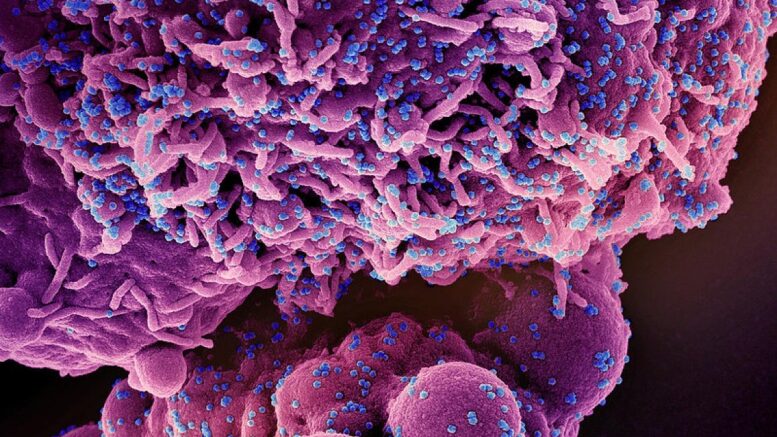Long-COVID continues to pose a significant public health burden. In a new study, Yale School of Medicine researchers identify demographic factors associated with recovery from long-COVID symptoms.
"Long-COVID impacts the health of millions of American people with a wide array of symptoms involving many organ systems," said Akiko Iwasaki, PhD, the Sterling Professor of Immunobiology and an author of the study. "What factors impact people's recovery from long-COVID is unknown and is an important question that guides our understanding of pathophysiology."
Researchers analyzed data from more than 27,000 2022 National Health Interview Survey respondents. 37% of respondents reported ever having COVID-19; of these, 18% reported ever having had long-COVID. Among respondents who reported long-COVID, 49% reported having recovered.
Researchers found recovery rates were higher among respondents under 40 years old; those who were male; those who were Black, Asian, or Hispanic; those with less than a high school degree; and those who reported moderate or mild (as opposed to severe) COVID-19 symptoms.
“This report should give people hope, as almost half the people with long COVID reported having recovered,” said Harlan M. Krumholz, MD, the Harold H. Hines Jr. Professor of Medicine at Yale School of Medicine and an author of the study.
Researchers say more research is needed to shed light on possible underlying socioeconomic and cultural factors influencing long COVID outcomes. “We are working to determine what we can do to understand long COVID, to help many more people recover," Krumholz said.
Kavya M. Shah was the lead author of the study. Other study authors included Rishi M. Shah, Mitsuaki Sawono, Yixuan Wu, and Pamela Bishop.
Source: Yale School of Medicine
